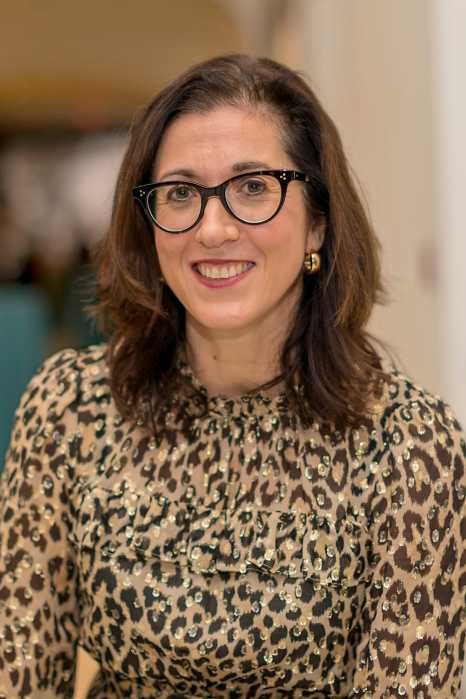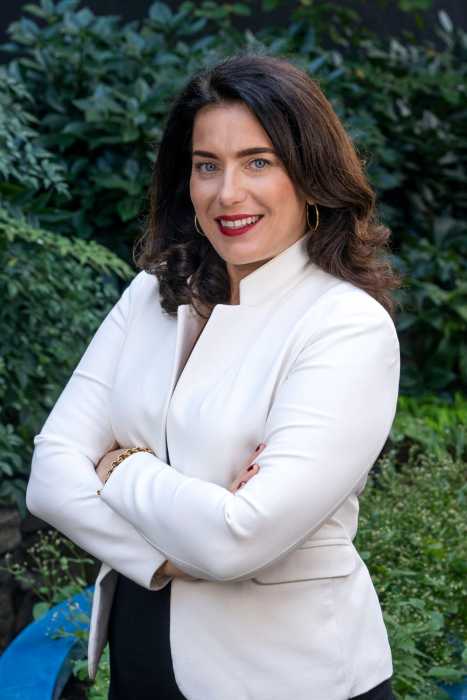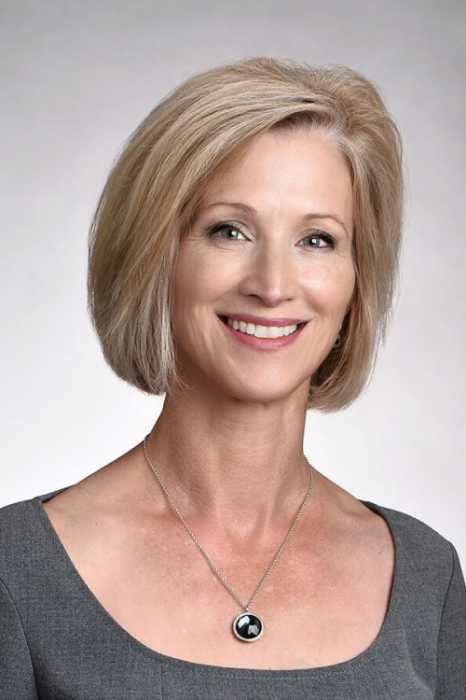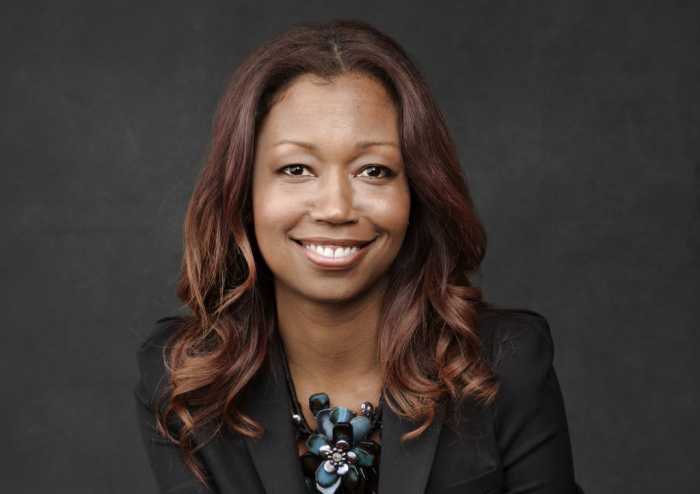Suri Kasirer is a born New Yorker and advocate. She founded Kasirer in 1997 out of a studio apartment — and with a lifelong commitment to championing people, progress, and policy in the city. Suri grew her business into the #1 lobbying firm in New York City, assembling and leading a team that has established an unparalleled record of success in the city on behalf of clients who are leaders in a wide range of industries, corporate to not-for-profit, education and culture, real estate to technology, hospitality to media to health care.
What steps still need to be taken to increase gender parity?
A key step in increasing gender parity is increasing the number of women in the workforce and in government. Women understand and are sensitive to the issues behind gender parity, and having more women in the workforce and involved in government allows us to highlight those issues and the steps that still need to be taken.
What can New York policymakers do to support the interests of women across the state?
Many issues can’t be legislated, but having policymakers highlight the issues that are important to women, by pressing the private sector to discuss women’s issues, is an important factor in supporting our interests.
It is amazing to see the number of female deputy mayors in this administration. Having women in government allows us to highlight the key issues and champion the importance of women’s leadership in all areas of government, for-profit, and not-for-profit.
If you could have dinner with any three women from history, who would they be and why?
Eleanor Roosevelt. She understood the power of her position. She saw herself as a woman with a platform, and she did an amazing job at using it. She understood that it is not about the title, but about what you do with what you have. Madeleine Albright, the first woman secretary of state. She traveled the world, met with world leaders, and gave so much thought into who she was meeting with. Coco Chanel. She did groundbreaking work and changed fashion for women. She understood what it meant for women to be comfortable, because she was a working woman herself.
What advice or wisdom would you share with a younger version of yourself?
When you feel hurt, insulted, or disrespected, recognize the importance of treating people with grace and patience. As you get older, you realize there is a longer game.













